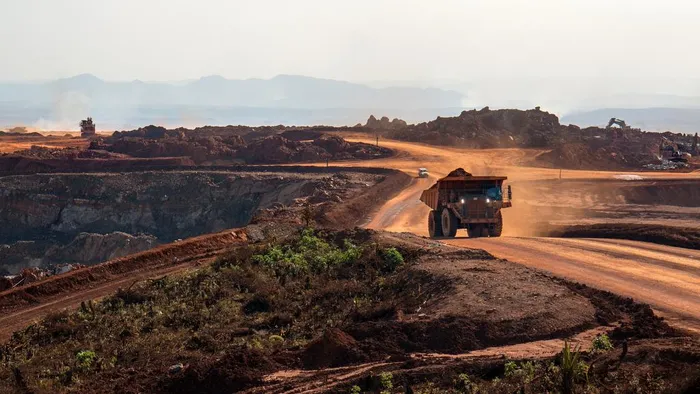
The South African Revenue Service was found to have been taxing a miner based on "artificial" income.
Image: Freepik
Miner Tharisa has been saved from a potential $57 million (around R1 billion) royalty bill by the tax man.
This comes after the Tax Court handed down a judgment that sets aside the South African Revenue Service's (SARS’) methodology for calculating what the company owes for Mining Royalties related to platinum group metals (PGMs).
The dispute hinged on the fact that SARS was charging the miner for metals based on a higher – better – grade than what was actually sold.
Effectively, taxing it on artificial income as the company called it.
The dispute dates back to the 2015 and 2017 years of assessment.
Tharisa Minerals said SARS’ methodology did not account for the operational realities of its mine, specifically the "grade recovery curve" of its ore body – that not all ore was of the same quality.
The court agreed, setting aside SARS's assessments and directing the revenue service to redetermine its methodology.
Crucially, the judgment is applicable from 2015 onwards, opening the door for substantial refunds or liability reductions for Tharisa.
According to a statement released by Tharisa, the company had conservatively set aside $56.8m for paying the bill. This amount was provided for at the end of last September.
This provision is now expected to be reversed, providing a material boost to the company's earnings per share.
The company is currently recalculating its total mining royalty liability, as well as the knock-on effects on cost of sales and income tax, from 2015 to the present.
Michael Jones, Tharisa CFO hailed the judgment as a victory for principle.
“This was a highly technical matter, requiring alignment of complex metallurgical processes with the provisions of the Royalty Act,” Jones said.
“The judgment now provides certainty for the life of mine in determining Mining Royalties, taking into account the unique characteristics of our ore body,” said Jones.
Jones emphasised that the ruling confirms that royalties should not be levied on “notional or artificial income,” a practice he noted is “especially prejudicial to producers mining lower-grade ore bodies”.
However, SARS retains the right to appeal the decision, potentially prolonging the final resolution.
The dispute related exclusively to PGM sales and did not involve Tharisa's chrome concentrate operations.
IOL Business
Related Topics: